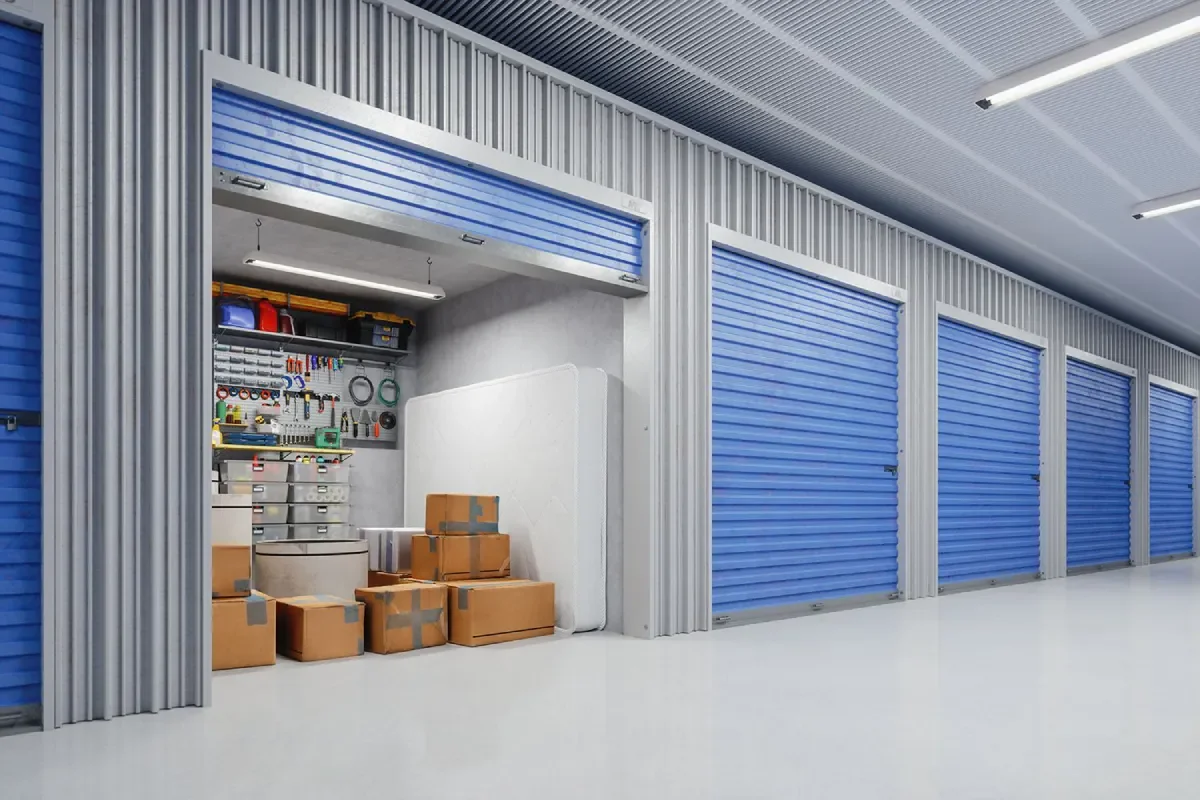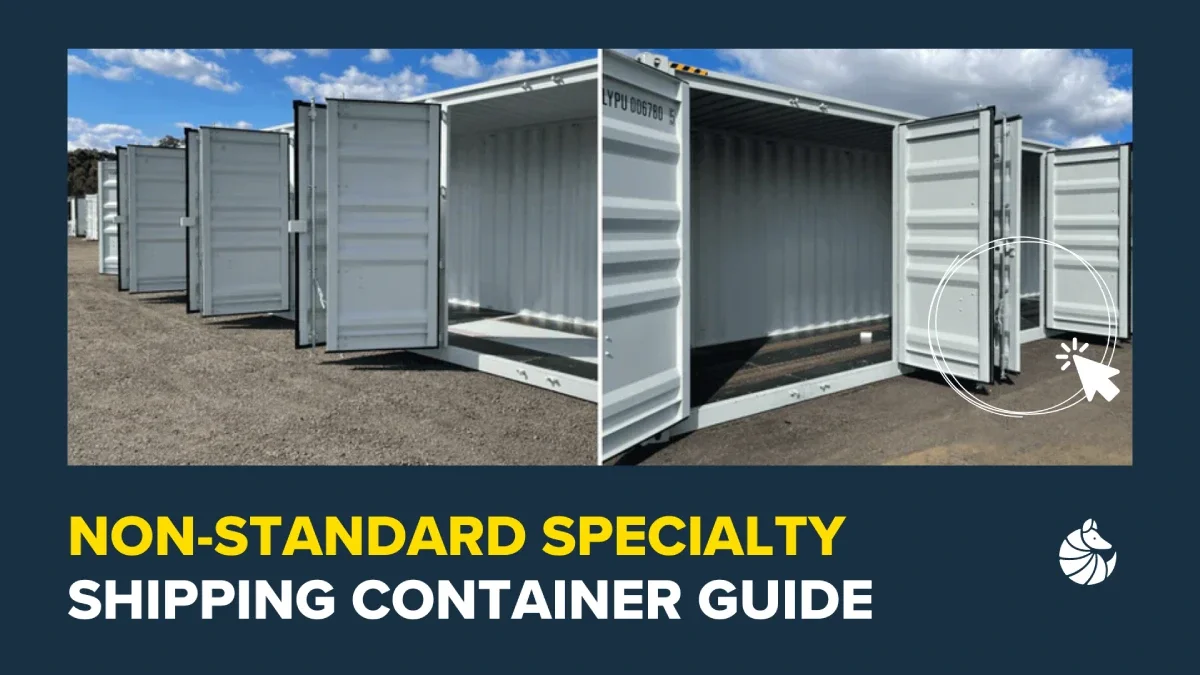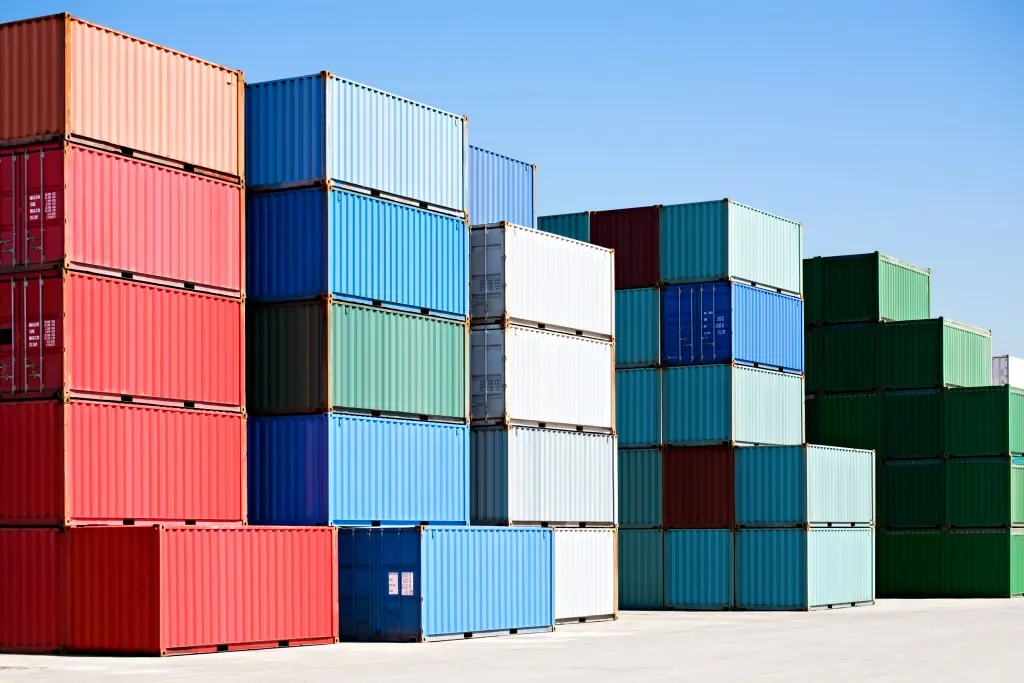Track my order
blog
Looking for a Self-Storage Unit? Here Are 9 Do’s and Don’ts from Storage Experts!



Don’t you wish you could just snap your fingers, and all your stuff would sort, pack, and arrange themselves such that you do not need a storage unit? Alas, wishes are not horses—or, in this case, boxes!
Whether you're moving to a smaller space, clearing an office space or just decluttering, there’s only so much you can do to get everything in order and leave enough space to move around freely and keep a clear mind.
Renting or buying additional storage space seems to be the only solution.
But before you hop on one, it helps to know what self-storage experts across the U.S. are saying.
Do: Consider Climate-Control
Are you moving sensitive items, such as documents, electronics, antiques, furniture, mattresses, or just about anything that could be affected by humidity or extreme temperatures?
You should consider getting a climate-controlled unit.
Experts at StorageCafe recommend climate-control units as “ideal for storing temperature- and humidity-sensitive items such as furniture, clothing, appliances and more.” If you've ever stored any of the aforementioned items in a basement or an attic for a long while, you’ll know that these things can get damaged pretty quickly, especially in hot and muggy weather conditions.
“You want to pay attention to the conditions your items need, such as climate control, lighting, humidity, etc., to make sure you minimize potential damage or degradation of the items,” according to the team at RentCafe.
Don’t: Store Food, Flammable Items, or Items that Can Mold
You may store your nana’s cookbook in your storage unit, but food items are a no-no!
In the words of AAAA Self Storage’s team, “Don’t store food! Food attracts rodents and pests, and you definitely do not want that in your storage unit!”
You also don’t want to store any item that is prone to spontaneous combustion in your unit. There’s been some history of storage units catching fire due to lithium-ion batteries, motor oil, gasoline, and other flammable items.
Store-It Quick says, “When renting a self-storage unit, it’s important to avoid storing flammable materials or items that could mold in a dry unit.”
Talking about molds, dust, moisture, scuffs, and things as such, taking care to wrap your furniture and fragile belongings properly before storage can help avoid mold spores and dust. The extra case ensures that when you unlock the storage unit, your belongings will emerge refreshed and ready for their next chapters, says the Space Shop Self Storage team.
Do: Use Clear, Plastic Boxes
Ever found yourself close to losing it because you've unpacked about five boxes and still can’t find an item you were looking for? Well, that’s the curse of cardboard boxes; you can’t really tell what’s inside until you open them up.
That’s why self-storage experts recommend using clear plastic boxes and labeling them clearly. Doing this allows you “to be able to easily see what's in them when you come back to your storage unit looking for something specific,” according to Iron Storage.
Besides making it easier to see what’s inside, plastic containers are generally the better choice if you want to keep moisture and other elements away from your valuables.
Bear’s Self-Storage recommends using sealed plastic containers for long-term self-storage, while issuing an important reminder: “Cardboard draws moisture!”
Additionally, StorageCafe suggests using airtight storage bins. These bins help protect against humidity and pests, making them a great option for storing items like clothing, paper documents, and other sensitive belongings.
Don’t: Overpay for Unnecessary Space
Arizona Storage Inns always advises customers renting a self-storage unit to choose the right size based on what they need to store to ensure they don’t overpay for unnecessary space.
This is also in line with Boxie24’s tips for choosing the right storage solution:
- Evaluate your storage needs by listing the items you plan to store, such as furniture, seasonal gear, or documents.
- Consider using online storage calculators to estimate the size of the storage unit required to avoid unnecessary costs.
As a general rule of thumb, 5ft x 5ft units are great for clothes, decorations, and small outdoor gear, while 10ft x 10ft units can fit one room’s worth of furniture.
Do: Consider Accessibility
You can think of accessibility from three perspectives: Getting to your storage unit, navigating your storage unit, and accessing your belongings when you’re in your unit.
- Getting to your storage unit: Here, you should consider access to the location, access hours, facility access, and access to the unit itself—considering things like keycodes, biometric options, etc.)
- Navigating your storage unit: The Affordable Storage Guys say that when placing items in your unit, you should leave an aisle down the middle or along the side to give you easier access to the entire unit without moving things around each time you need something.
- Accessing your belongings: XYZ Storage suggests organizing items according to how often you’ll need to get to them. “Keep items you may need access to frequently in the front and avoid placing them in the back or beneath heavier items.”
Don’t: Settle for the First Storage Unit You Find
Love at first sight doesn’t particularly apply when it comes to self-storage units. You have to poke, probe, research, and contemplate several options before making your pick.
The Storage Mall puts it best: “While on the surface, storage units are a pretty simple product, several factors set facilities apart from one another. It’s important to look beyond just pricing to make sure a company meets all your needs.”
Beyond pricing, you have to consider if the company:
• Is well-lit, clean, safe and secure.
• Has great customer service—a quick Google or Yelp review could help. Also, aim for companies accredited by the Better Business Bureau.
Experts at OnDemand Storage also recommend assessing the security features of any storage units you consider. Look for facilities with good security measures like 24/7 video surveillance, gated access, and individual unit alarms.
Last but not least, the experts at EZstorit recommend that you “read the rental agreement carefully to understand the terms, including fees and access hours.” Also, check for any additional fees, such as administrative costs, insurance, or security deposits.
Do: Consider Buying a Shipping Container
“Storing your stuff doesn’t have to mean driving back and forth to an off-site traditional storage area, packing and unpacking your belongings multiple times over,” according to the 1-800-Pack-Rat team. The company suggests picking up a suitable container to pack your stuff at your pace only once and storing the container at a secure storage warehouse facility or on-site.
If your storage requirements are likely to span months rather than weeks, buying a shipping container could be a better solution for you. Owning a container gives you full control over your storage space and offers greater flexibility than renting a POD. For as little as $2,000, you can own a container that’s built to withstand decades of tough conditions and protect your items. Plus, you can add windows, roll-up doors, shelves, and tons of other easy modifications to make it your own. Request a quote from our team today.
Do: Consider Purchasing Insurance or Tenant Protection
Gated access, security cameras, and biometric locks are all good and fine, but you have to take extra steps to ensure your property is well-protected.
Most lease agreements make it clear that the storage company is not liable for theft or damage to your valuables.
Storelocal Storage provides various scenarios to consider.
• Consider purchasing tenant protection or insurance. Many facilities offer these options.
• If the facility does not offer insurance, check with your homeowners or renters’ insurance to see if they can provide coverage for your stored goods.
Be warned, though: many plans do not extensively cover flood damage, rodent infestations, or valuable items like antiques and jewelry.
Do: Keep an Eye Out for Discounts
When you find the chosen one—that one facility that seems to meet all your criteria, that is—take a step back and scour their website, and social media profile, or wherever for discounts!
Self-storage units aren’t a particularly cheap commitment, so discounts can offer a big relief.
Don’t be shy about asking for relevant promotions, discounts, or bundled services. Experts at StoragePRO mention that “some facilities offer moving truck rentals, waived fees, or reduced rates for the first few months.” Those are some great freebies you shouldn’t hesitate to take advantage of.
Try to negotiate and beat down prices, especially if you're about to commit to a long-term lease.
You can also use industry aggregators like FindStorageFast to check storage facilities’ live inventory, live pricing, availability, and the overall best promotions for the day.
Bonus Advice from Clarksville Self Storage: Do Seek Assistance from the Storage Facility’s Experts
Getting a new self-storage unit might not be the easiest thing to navigate at first, but don’t worry—you can always call on the facility’s staff to help you get the best solution that meets both your storage needs and your budget. “Your facility is here to support you on your journey to a more organized space, and the staff will make sure you are getting the best deal for your budget, your immediate storage needs, and any potential future storage needs.”
Interested in buying a shipping container from Boxhub as your long-term storage solution? We’re here to help, too!

About Hannah Swinkin
Hannah is a B2B marketing leader with a passion for container upcycling projects and cargotecture. She sharpened her marketing expertise at disruptive tech companies transforming antiquated industries, including shipping, parking, and commercial real estate.







Continue Shopping
Loading cart